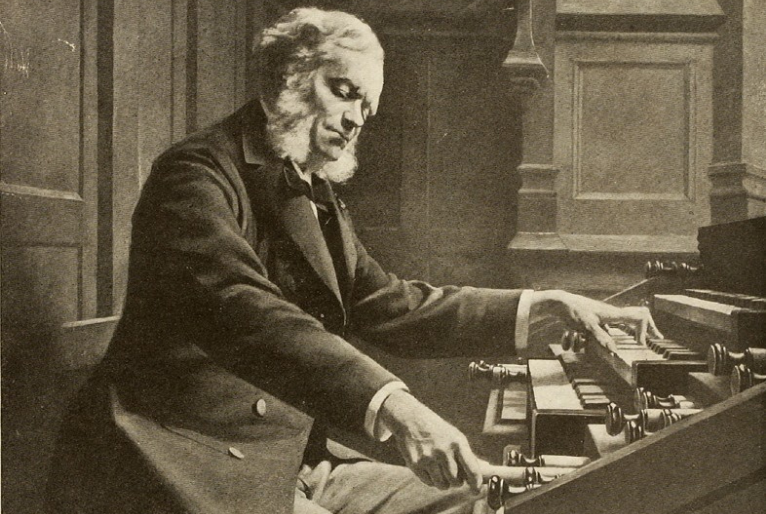Introduction:
César Franck, a renowned Belgian-French composer of the Romantic era, left an indelible mark on the world of classical music. His unique style, characterized by rich harmonies, intricate counterpoint, and emotional depth, continues to captivate audiences to this day. In this blog post, we delve into the treasure trove of Franck’s works and present the 10 best compositions that showcase his genius and artistic brilliance.
- Symphony in D minor: Considered one of Franck’s greatest achievements, the Symphony in D minor is a monumental work that showcases his mastery of symphonic writing. With its lush orchestration, soaring melodies, and dramatic intensity, this symphony takes the listener on a profound musical journey from start to finish.
- Prelude, Chorale, and Fugue: This three-part masterpiece for piano exemplifies Franck’s mastery of both form and expression. The Prelude sets a mysterious and introspective tone, followed by a majestic Chorale that evokes a sense of reverence. The piece culminates in a breathtaking Fugue, displaying Franck’s contrapuntal skills in full glory.
- Violin Sonata in A major: A cornerstone of the violin repertoire, Franck’s Violin Sonata is a tour de force of virtuosity and lyricism. This deeply passionate work showcases the seamless integration of violin and piano, as they engage in a musical dialogue of soaring melodies, dazzling technique, and emotional depth.
- Les Djinns: Inspired by Victor Hugo’s poem of the same name, Les Djinns is a symphonic poem that vividly portrays the supernatural world of genies. With its atmospheric orchestration, haunting melodies, and dramatic dynamics, Franck transports the listener into a realm of mystery and enchantment.
- Prelude, Aria, and Finale: Another remarkable composition for piano, this triptych exemplifies Franck’s ability to create an overarching narrative through individual movements. The Prelude begins with a powerful statement, followed by an expressive and lyrical Aria, and concludes with a thrilling Finale that showcases his impeccable command of pianistic technique.
- Symphony in D major: Often referred to as Franck’s “other” symphony, the Symphony in D major is a vibrant and exuberant work. Displaying his trademark harmonic richness and thematic development, this symphony radiates joy and optimism, leaving the listener uplifted and inspired.
- Panis Angelicus: One of Franck’s most beloved choral works, Panis Angelicus is a sublime hymn that expresses a profound sense of spirituality. Its lyrical beauty, enhanced by rich harmonies and expressive melodies, creates a transcendent atmosphere that touches the hearts of all who listen.
- Prélude, Fugue, and Variation: In this stunning composition for organ, Franck showcases the grandeur and versatility of the instrument. The Prélude sets an atmosphere of anticipation, leading into a majestic Fugue that demonstrates Franck’s skill in contrapuntal writing. The piece concludes with a delicate and intricate Variation, leaving a lasting impression.
- String Quartet in D major: Franck’s String Quartet is a masterpiece of chamber music, displaying his profound understanding of ensemble writing. This emotionally charged work weaves intricate melodies and harmonies among the four instruments, creating a tapestry of sound that is both introspective and passionate.
- Psyché: A lesser-known gem, Psyché is a symphonic poem that showcases Franck’s gift for vivid orchestration and evocative storytelling. Inspired by the Greek myth of Psyche, this composition takes the listener on a musical journey through love, loss, and redemption, culminating in a triumphant finale.
Conclusion:
César Franck’s compositions continue to enchant and inspire listeners with their emotional depth, technical brilliance, and imaginative storytelling. From symphonies to chamber music, piano works to choral pieces, Franck’s repertoire offers a rich tapestry of musical treasures. Exploring these 10 compositions is a gateway to discovering the genius of one of the Romantic era’s most influential composers, leaving us in awe of his enduring musical legacy.


Comments are closed